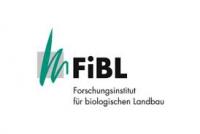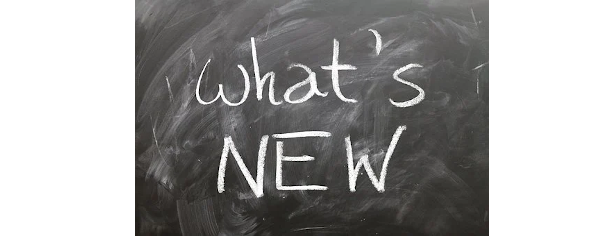
European agriculture relies heavily on external sources for the supply of key fertilisers. At the same time, large quantities of nutrients are discharged into the environment through a variety of organic waste streams. A new project, the SEA2LAND, aims to provide solutions that help overcome challenges related to food production, climate change and waste reuse through using these organic waste streams. To this end, the SEA2LAND project will work on improving and adapting nutrient recovery technologies to produce bio-based fertilisers from fish and aquaculture processing by-products.
The SEA2LAND project is a 4-year collaborative Innovation Action (IA) funded with € 7.7 million by the EU in the framework of the Horizon 2020 programme in the call H2020-RUR-2020-1. It started in January 2021 and is coordinated by NEIKER, the Basque Institute for Agricultural Research and Development. It has 25 other partners from eleven different countries (ten European States and Chile). The partners represent research organisations from various sectors, such as fish/aquaculture, fertiliser as well as technology.
SEA2LAND will optimise various technologies (e.g. advanced composting, algae production, etc.) that will generate bio-based and tailor-made fertilisers, both for local crops and conditions as well as for exporting. The basis of the project is the regional production of biofertilisers within a local and circular framework through developing demonstration pilots that can be replicated across Europe. The project proposes the application of more than ten technologies in seven case studies in six representative areas of the fisheries sector (North, Baltic, Atlantic, Cantabrian, Mediterranean and Adriatic).
FiBL Switzerland and FiBL Europe will play a central part in the project by leading the sustainability assessment of the developed fertilisers and their application. FiBL will also assess the agronomic performance of the fertilisers together with other project partners and ensure good interactions with another H2020 project focussing on the assessment of bio-based fertilisers (LEX4BIO). FiBL will also be involved in evaluating the regulatory compliance of the final fertilisers.
More information at this LINK
Source: FIBL



